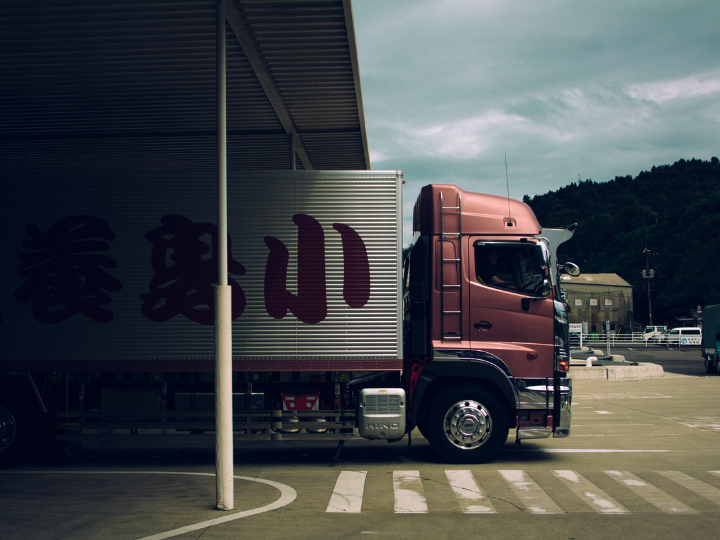by Stephen Cotton*
Transport workers move the world. The COVID-19 pandemic shone a spotlight on this. As the world shut down, transport workers were more visible than ever before. They transported medical supplies, kept supply chains connected, got cities moving so doctors, nurses and other key workers could continue to work and they delivered food and essential goods to our doorsteps so we could survive and stay safe.
Transport workers did what they always do for countries, for economies and for our societies. The 2022 ITF Global Poll, with fieldwork by You Gov, is evidence of people’s recognition of the critical role that transport and transport workers play in the global economy. Of all those surveyed, 81% said they believe the world’s economy relies on transport workers for the movements of goods and people.
Supply chains rely on transport networks
People across the world recognize how heavily our society relies on transport. Nine in ten people identify it as an important public service. But right now, people are worried about transport and the treatment and rights of transport workers. One in two people think their government is handling transport badly in their country. Governments are failing the people who elect them and they are failing the transport workers who power their economies.
Worries span from the rising costs of getting to work, to the travel chaos experienced when trying to visit family and friends, to concerns about failing supply chains causing shortages of food, medicine and other essential goods they depend on; 64% of people are worried about shortages of goods in shops because of supply chain disruption.
As globalization increases international trade, governments have allowed businesses to compete unchecked, with little protection in place for workers across their supply chains. Governments have ripped up labour safeguards to encourage and increase competition. Labour standards across the transport industry have been eroded as businesses have sought cheaper ways to move people and goods. Violence and harassment of transport workers is also increasing.
For decades, transport workers have seen their jobs worsen. Their workplaces are increasingly unsafe, their employment is increasingly precarious and their standards of living have fallen. It’s time to end corporate greed in global supply chains. The ITF is putting a spotlight on the conditions of transport workers in global supply chains to ensure that governments and employers are accountable for all transport workers in their supply chains.
We must rewrite the rules of supply chain transport in international laws and regulations, national and local legislation and industrial agreements. Transport trade unions play a critical role in setting, checking and enforcing these standards. 80% of people would like to see their government implement policies that end the abuse of transport workers in supply chains. And 81% support laws that hold companies to account for environmental and labour rights abuses in their transport supply chains.
Working with governments and employers, the ITF and its affiliates manage networks of hundreds of inspectors and monitors across supply chain transport. We are recognized as one of the most effective means of checking and reporting standards and conducting human rights due diligence.
Transport workers call for change
Transport workers and their unions, with the support of voters across fifteen countries, are calling for action on six demands: safety, sustainability, corporate accountability in supply chains, the future of work, equality and rights.
Protecting transport workers’ safety – 87% of those surveyed want their government to protect transport workers from violence and harassment.
Making transport sustainable through investment and national planning – 80% of those surveyed want their government to increase investment in sustainable transport.
Building corporate accountability in global supply chains – 81% of those surveyed support laws that hold companies to account for environmental and labour rights abuses in their supply chains.
The future for transport workers – 81% of those surveyed want their government to invest in job creation in the transport sector.
Equality for transport workers – 77% of those surveyed believe transport is important for reducing economic inequality.
Rights for transport workers – 67% of those surveyed support transport workers having the right to strike.
It is time to act. With a convergence of crises from the COVID-19 pandemic, climate change and the cost of living, government investment in transport and the rights of transport workers can be a driver of social, political and economic change. Let’s give transport workers the chance to bring the world back from the brink of recession.
*General Secretary, International Transport Workers’ Federation
**first published in: Weforum.org




 By: N. Peter Kramer
By: N. Peter Kramer
